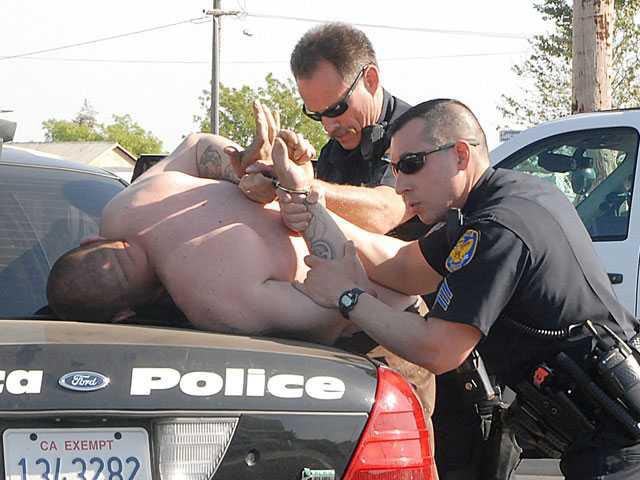It’s a myth that never dies — property taxes pay for all city services you access. For starters, cities such as Manteca get roughly 14 cents of every $1 a homeowner pays in property tax. The rest goes to schools, the county, Delta College, the state (through fund transfers Sacramento put in place) and special districts such as vector control.
COVERING THE TAB
How Manteca pays for city services





